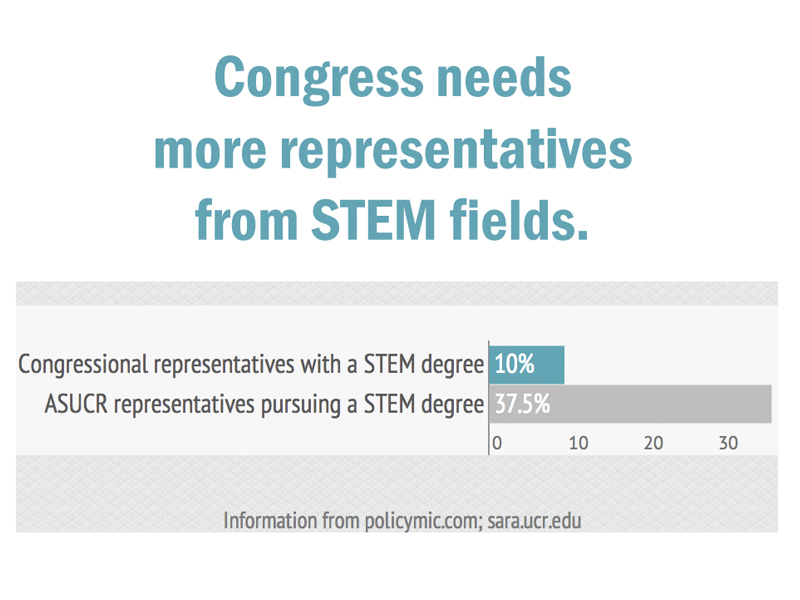
Sen. Marco Rubio recently doubled down on his denial that climate change is caused by man. “I do not believe that human activity is causing these dramatic changes to our climate the way these scientists are portraying it,” Sen. Rubio said in an interview with ABC, flat-out ignoring decades of research and undeniable proof that climate change is now a man-made effect.
The senator’s remarks about science, while ignorant and incredibly misinformed, are nothing new. For the past few years, American citizens have watched in disbelief as their elected leaders publicly ridicule themselves, showing off their scientific illiteracy.
For instance, former Congressman Todd Akin once stated that a woman who isn’t “legitimately” raped can’t get pregnant since her body “has ways to try to shut that whole thing down.” Others, like Representative Michele Bachmann mentor Allen Quist, asserted their misinformed beliefs that humans and dinosaurs coexisted at the same time, completely ignoring the most basic understanding of carbon dating.
Astonishing, isn’t it?
Scientific literacy in Congress is an inexcusable offense to our republic that too often impedes the passage of sensible and fact-based laws which could benefit our country. It’s obviously a problem that needs changing and the solution is a lot simpler than people think.
Instead of wasting our time blaming our representatives for their misinformed opinions, a more direct solution would be to tackle the real root of the problem: voting for misinformed politicians in the first place. Our Congress is only as sensible and as pragmatic as those who elect them; they’re there to serve and reflect the interests of the public. And from the looks of it, the interests of the public don’t always include science, technology, engineering or math (STEM).
According to data, only about 2 percent of adults (25 and over) have advanced backgrounds in the STEM fields after high school. This is an incredibly low number, and that low number is reflected in the number of representatives who have advanced knowledge of the STEM fields. Currently, only 54 out of 535 representatives in Congress have either engineering, accounting, medical or physical science degrees. This suggests that we put a very low emphasis on the fields that essentially drive the future of our nation.
Now, let’s look a little closer to home and consider the current setup of our university’s student government. UC Riverside’s 16-member legislative branch is composed of six representatives from the STEM fields, or 37.5 percent of the branch. That’s an incredibly high number compared to the current state of the U.S. Congress. But why is that so?
The answer: UC Riverside actually puts an emphasis on science, technology and math. We are a school that identifies a research institution. Currently there are 4,782 undergraduates in the College of Natural and Agricultural Sciences and 2,378 in the Bourns College of Engineering. Both of those figures represent 38 percent of the student body, which is reflected in the amount of senators that we have on our legislative branch.
So what would happen if the nation as a whole decided to identify itself as a country of scientific drive and technological advances? What if more of the country had STEM degrees? What if more of those folks represented us in the Senate and the House? How advantageous would that be to the future of our nation?
The fact of the matter is that our U.S. representatives do as much as their citizens tell them to do. And therein lies the problem: We’re not a nation that sends men to the moon anymore. We’re not a nation that builds large particle colliders that find the secrets of the universe. We’re not a nation that thrives as much as we could scientifically.
So how do we change the problem? Let’s start by changing ourselves and learn more about science and take classes or declare another major in the STEM field. We have it within ourselves to change to direction of our nation and that doesn’t start with Congress. It starts with us. To echo the words of the great late Edward R. Murrow quoting Shakespeare: “Cassius was right. ‘The fault, dear Brutus, is not in our stars, but in ourselves.’ Good night and good luck.”
As college students, as American citizens, we have the opportunity to change things. We need elected representatives who understand the workings of science. But for that to occur, we must make the right choices in the first place.








